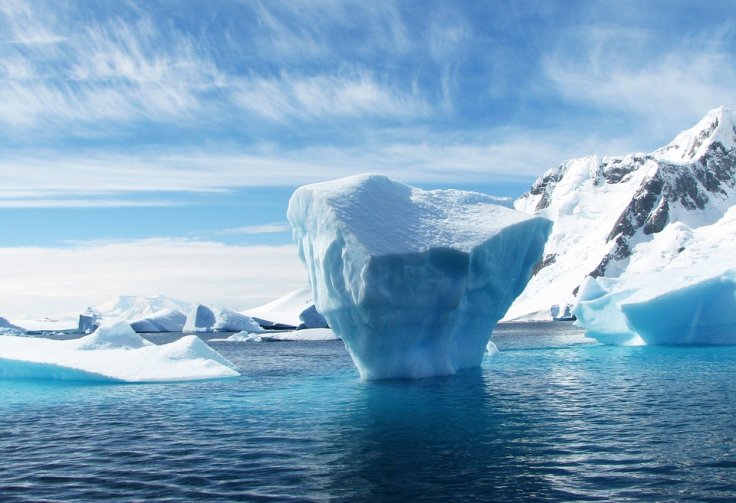A pair of new studies published in the journal Nature have revealed that Greenland and Antarctica are losing ice six times faster than they were in the 1990s.
The team of 89 climatologists said both Greenland and Antarctica lost 6.4 trillion tonnes of ice in the period from 1992 to 2017 that was sufficient to push up global sea-levels by 17.8mm. They added that there are chances of a total sea level rise of 23.6 inches (60 cm) by the year 2100.

400 million people are at risk
If this prediction turns out to be true, it would put hundreds of millions of people living in coastal communities at risk of losing their homes — or their lives — to flooding.
"Every centimeter of sea level rise leads to coastal flooding and coastal erosion, disrupting people's lives around the planet," study author Andrew Shepherd, a professor of Earth Observation at the University of Leeds in England, said in a statement. "If Antarctica and Greenland continue to track the worst-case climate warming scenario, they will cause an extra 6.7 inches (17 cm) of sea level rise by the end of the century."
"This would mean 400 million people are at risk of annual coastal flooding by 2100," Shepherd added.
11 satellites monitoring Antarctica and Greenland
The researchers analysed ice loss data from 11 satellites that have been monitoring Antarctica and Greenland since the early 1990s and created a detailed picture of how much mass each region's glaciers have lost over the last 30 years. The data also showed how quickly the remaining ice is flowing into the sea.
According to the scientists, the warming ocean waters are responsible for the lost ice as it melts the edges of glaciers, causing each region's ice sheets to flow more quickly toward the sea. They said that the rest of the ice loss in Greenland has happened due to the warming atmospheric temperatures, which melt the ice sheets at their surfaces.
The rate of ice loss in each ice sheet also increased substantially over that period, rising from a combined 89 billion tonnes per year in the 1990s to 523 billion tonnes per year in the 2010s. The researchers said that the sudden sixfold increase in the rate of ice loss clearly indicates that the melting polar ice sheets are responsible for a third of all sea level rise.









